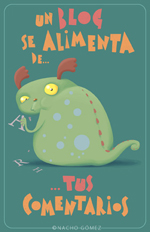A world containing creatures who are significantly free (and freely to perform more good than vile actions) is more valuable, all else being equal, than a world containing no free creatures at all. Now God can create free creatures, but He can’t cause or determine them to do only what is right. For if He does so, then they aren’t significantly free after all; they do not do what is right freely. To create creatures capable of moral good, therefore, He must create creatures capable of moral evil; and at the same time prevent them from doing so. As it turned out, sadly enough, some of the free creatures God created went wrong in the exercise of their freedom; this is the source of moral evil. The fact that free creatures sometimes go wrong, however, counts neither against God’s omnipotence nor against His goodness; for He could have forestalled the occurrence of moral evil only by removing the possibility of moral good.
The Analytical Theist, an Alvin Plantinga Reader
edited by James F. Sennett
page 27
Eerdmans, 1998




























































































